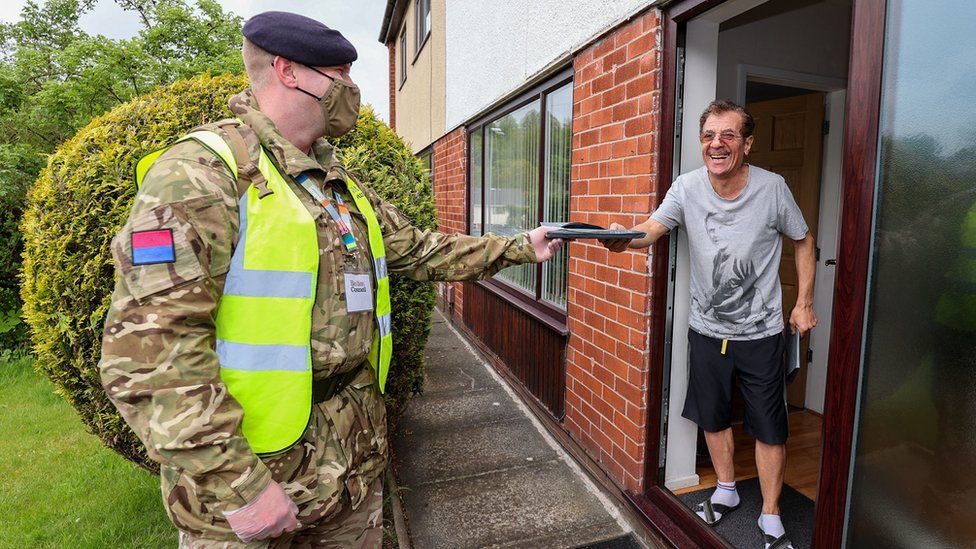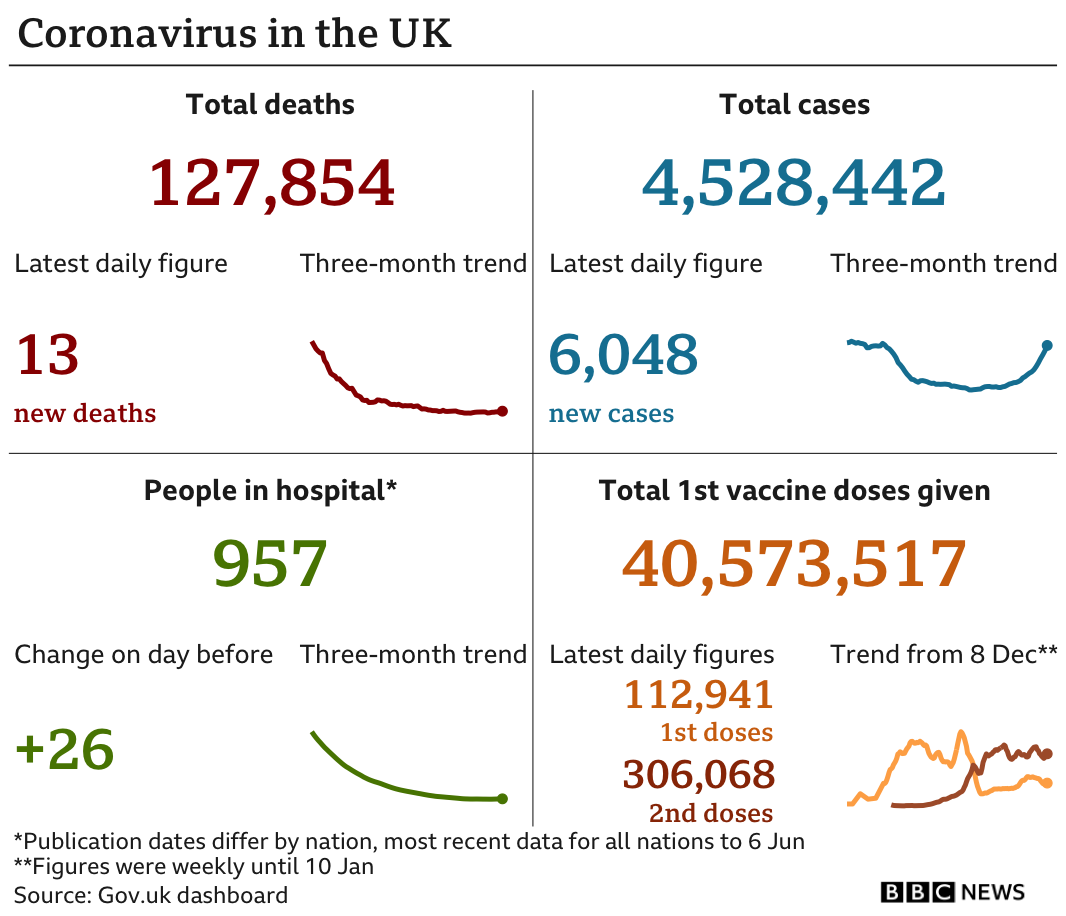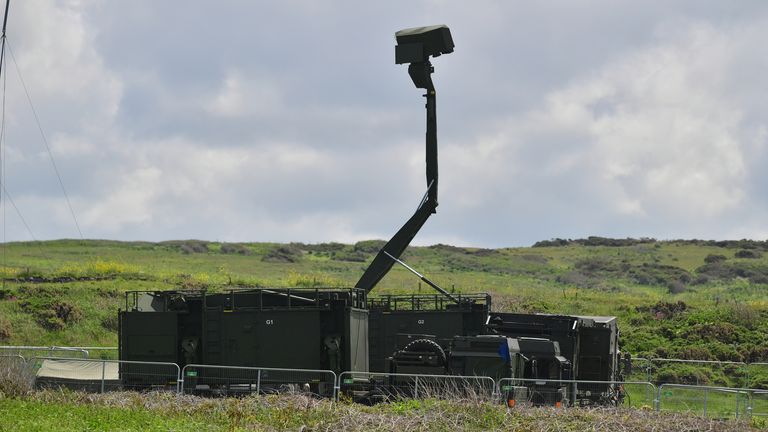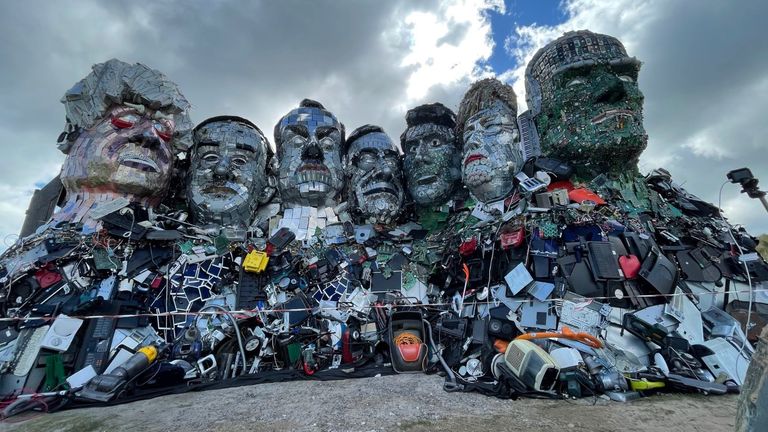Boris Johnson will on Thursday face pressure from Joe Biden to work with the EU to end a bitter stand-off over a settlement in Northern Ireland, as post-Brexit talks ended in stalemate and threats.
The US leader, who meets his British counterpart in Cornwall ahead of a G7 summit, has “deep” concerns about Northern Ireland and the preservation of peace in the region, said Jake Sullivan, his national security adviser.
Johnson will also face pressure from European leaders at the summit, as the EU repeated its threat to retaliate with trade sanctions if Britain unilaterally suspends parts of the so-called Northern Ireland protocol, which aims to avoid a hard border on the island of Ireland.
Maros Sefcovic, European Commission vice-president, said he was sure “European leaders will raise this issue” at the G7, which starts on Friday. Emmanuel Macron, French president, is among those who want the EU to take a tough line with Johnson.
In anticipation of diplomatic danger, Johnson is taking Lord David Frost, his Brexit minister, to the G7 summit at Carbis Bay; foreign secretary Dominic Raab is the only other UK minister attending.
Frost and Sefcovic failed to resolve the row over the operation of the protocol, which in effect introduces a trade border in the Irish Sea, during talks in London on Wednesday. “There weren’t any breakthroughs, there weren’t any breakdowns either,” Frost said.
Johnson claims the EU’s demands for checks on goods moving between Great Britain and Northern Ireland are too onerous and are disrupting trade.
Speaking ahead of Biden’s departure for the UK, Sullivan told the BBC that the NI protocol was “critical to ensuring that the spirit, promise and future of the Good Friday Agreement is protected”. The 1998 agreement ended decades of violent strife in the region.
Sullivan insisted it was for both the UK and EU to resolve their differences. He declined to say whether a UK/US trade deal could be put in danger if Johnson broke his commitments under the protocol, but said: “Our concern runs very deep on the Northern Ireland issue.”
Speaking in Cornwall ahead of the summit, Johnson said he was looking for a compromise that protected the Northern Ireland peace process and insisted he was “not worried” about the issue overshadowing the G7.
Both EU and UK sides confirmed after talks in London that splits persisted over how to address numerous issues with trading arrangements for Northern Ireland, ranging from veterinary checks to pet travel.
Speaking after the talks, Sefcovic said that EU patience was “wearing very, very thin” with the UK over its perceived failure to implement basic parts of the protocol.
Brussels already has legal proceedings open against Britain for unilaterally extending some grace periods — carve-outs from the normal border checks — under the protocol.
Sefcovic said the EU could take “cross-retaliatory measures” against Britain, such as introducing tariffs on some goods, or suspending co-operation in certain sectors, if the UK did not live up to its obligations.
“If the UK were to take further unilateral action over the coming weeks, the EU will not be shy in reacting swiftly, firmly and resolutely to ensure that the UK abides by the international law obligations,” Sefcovic said.
Following the meeting, Frost reiterated UK complaints that “the EU is insisting we operate the protocol in an extremely purist way”.
The lack of breakthroughs means pressure is set to mount on both sides ahead of the imminent expiry at the end of this month of temporary exemptions that have allowed British sausages and other chilled meats into Northern Ireland.
Following the meetings, which also covered other bilateral issues such as fishing and citizens’ rights, the UK published its own breakdown of the state of discussions, saying there had been “some progress towards solutions” in certain “limited areas”, including free movement of guide dogs and VAT arrangements for second-hand cars.
Additional reporting by Jim Pickard
https://news.google.com/__i/rss/rd/articles/CBMiP2h0dHBzOi8vd3d3LmZ0LmNvbS9jb250ZW50LzlmYTQ2MmY3LWMwZWQtNDkwNS1hZTY2LTBlMDdhNzk4YTExN9IBAA?oc=5
2021-06-09 18:31:22Z
52781646396811












